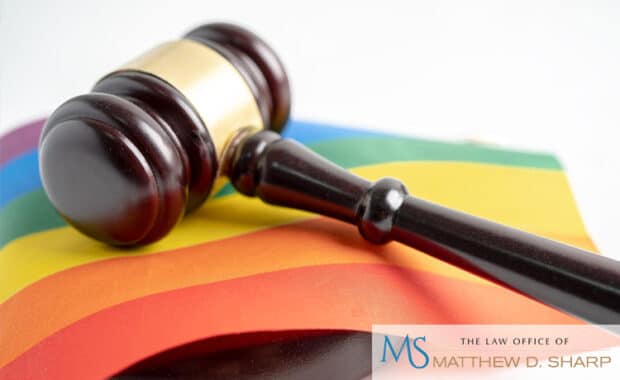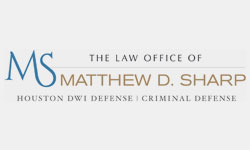http://blog.chron.com/newswatch/2011/10/texas-civil-libertarians-oppose-law-enforcement-drones/
The poorest man may in his cottage bid defiance to all the forces of the crown. It may be frail – its roof may shake – the wind may blow through it – the storm may enter – the rain may enter – but the King of England cannot enter.
– William Pitt, 1763
The Montgomery County Sherriff’s Department has announced that it will begin using an unmanned drone to assist deputies in executing their duties. Officials announced that the drone will be used to find missing persons and assist firefighters, but it could conceivably be used for other purposes. A spokesperson for the American Civil Liberties Union of Texas has said that the use of surveillance drones by police is troubling because there are not enough safeguards to protect people from unreasonable searches and seizures.
Technological developments continue to present questions of how far the government may go when conducting surveillance. The Constitutions of both Texas and the United States give people the right to be free from unreasonable searches and seizures, and for good reason. Typically, to enter someone’s home, search his or her premises, and seize his or her property (or person for that matter) the Government must first obtain a warrant from a judge. The reason for this rule is self-evident to anyone who has had experience dealing with the Government: If people did not have these rights, the Government would have free reign to search homes and seize property for any reason, or for no reason at all. We would effectively be living in a police state.
When our Founding Fathers added this rule to the United States Constitution in the late Eighteenth Century they could not have foreseen the extraordinary technological developments that would take place over the next two centuries. Many of these new technologies (such as wiretaps and hidden camera surveillance) have created privacy concerns where such concerns did not previously exist. The latest such development is the use by law enforcement of unmanned drones to conduct surveillance over their respective jurisdictions. It is the function of Judges and Appellate Courts to determine whether privacy intrusions created by new technologies infringe upon people’s constitutional rights. For instance in Kyllo v. United States, the United States Supreme Court found that use of a thermal imaging device to determine whether someone’s house was emitting an unusual amount of heat constituted a search for the purposes of the Fourth Amendment. Because of this, whenever the police want to use a thermal imaging device to search someone’s house, they must first obtain a warrant. Next month the Supreme Court will hear the case of United States v. Jones, where they will be called upon to decide whether the police violate someone’s right to privacy when they attach a GPS tracking device to his or her vehicle and remotely monitor his or her movements.
Whether surveillance conducted by unmanned drones constitutes an unreasonable search under the Fourth Amendment is an issue that will undoubtedly be decided by future United States Supreme Court decisions. If you or a loved one have been accused of a crime, contact the Law Offices of The Law Office of Matthew D. Sharp for a free consultation.




